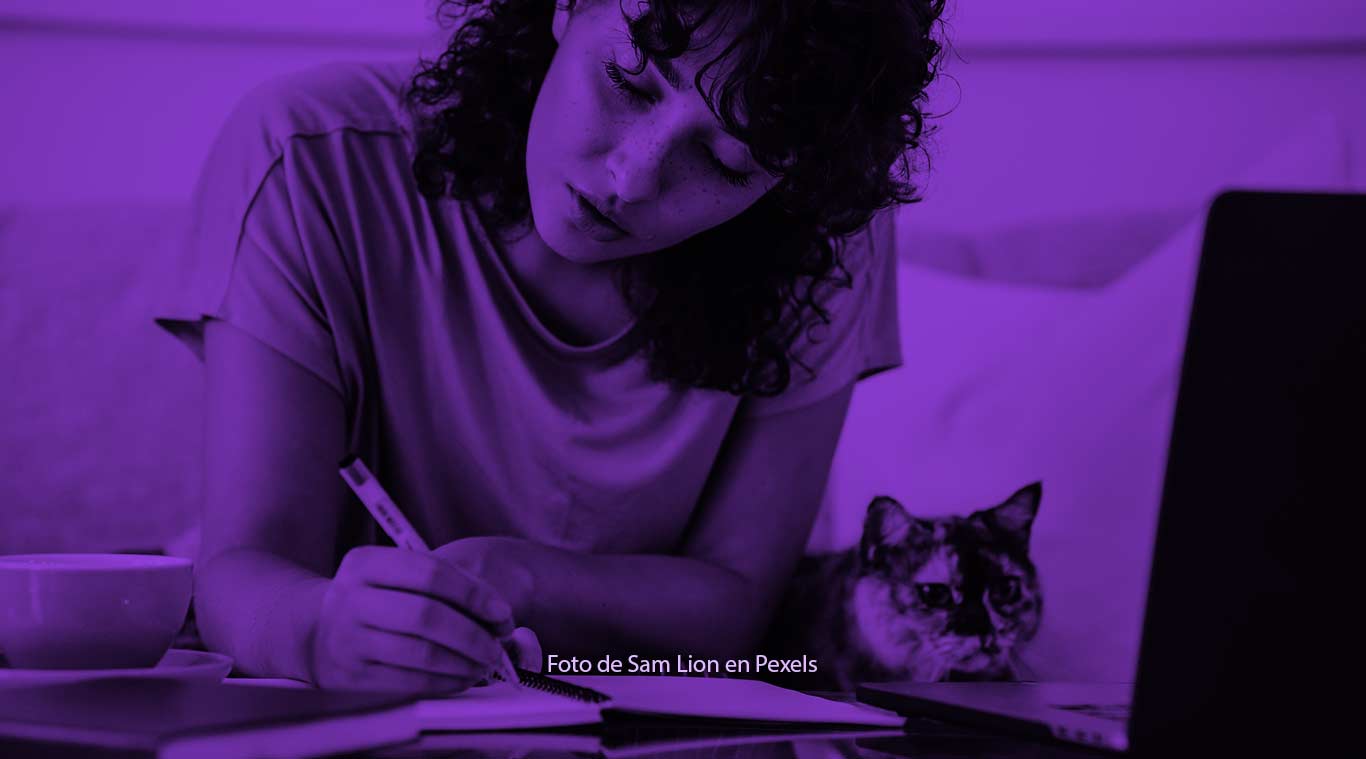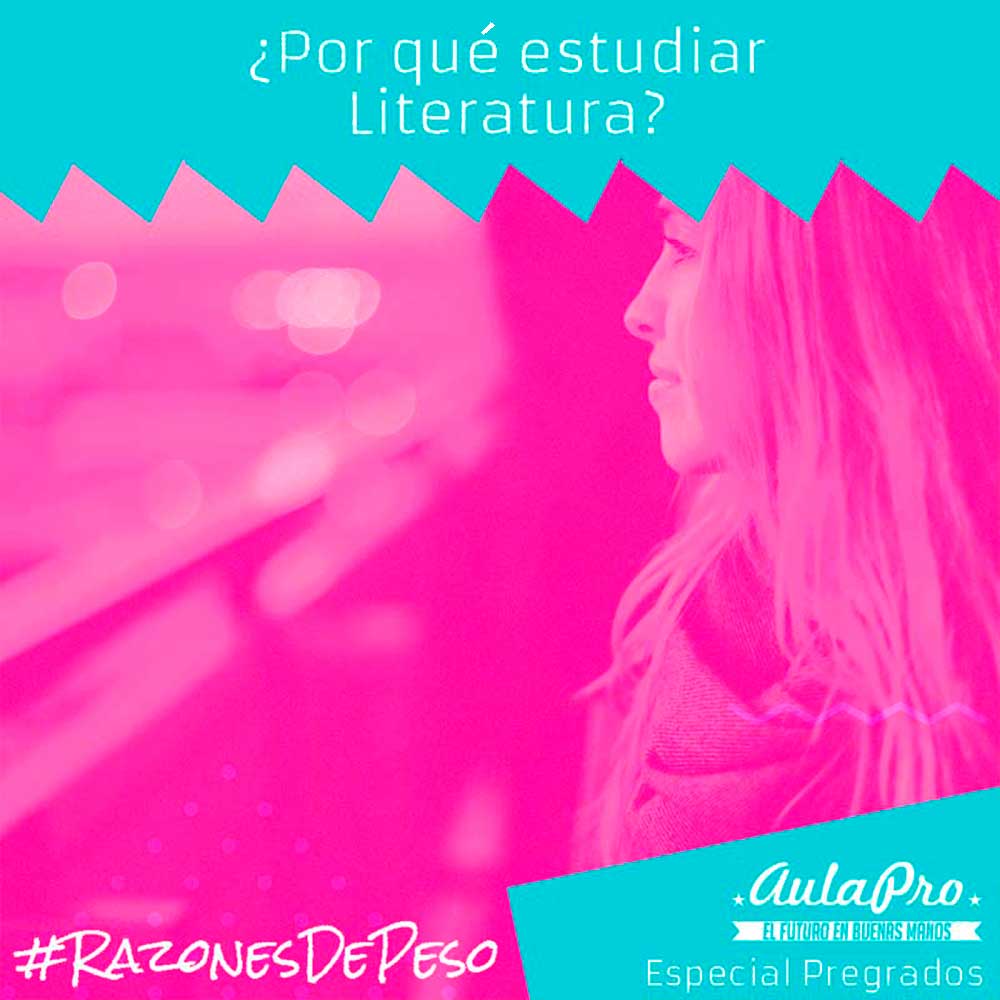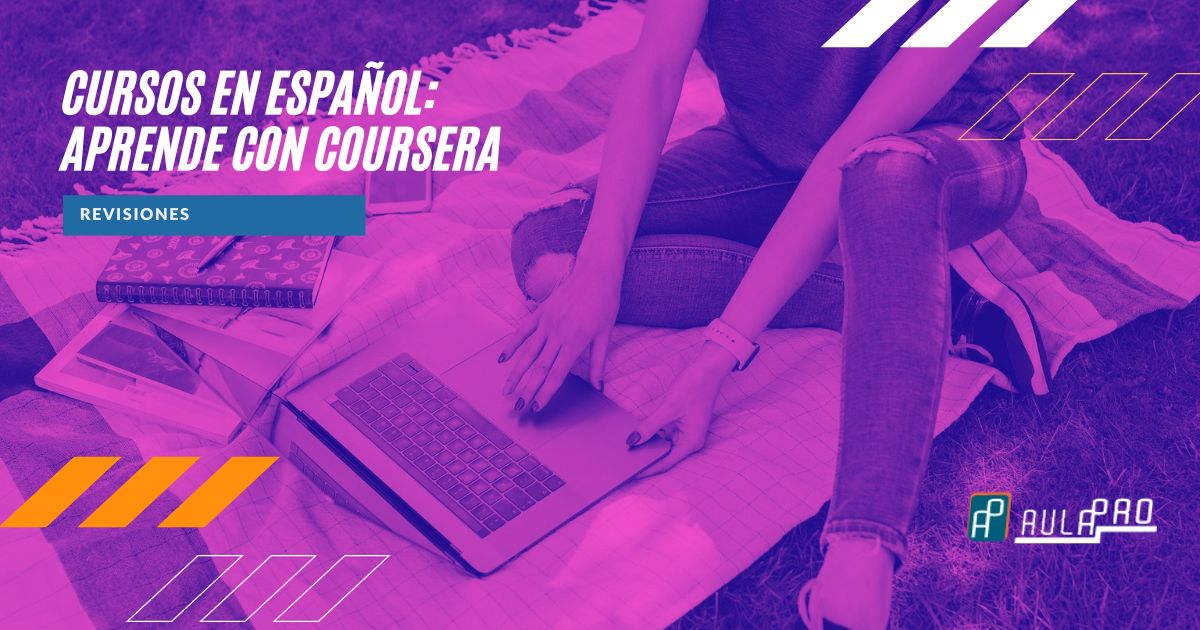If you are thinking of studying Literature, at AulaPro the universities tell us their #WeightReasons, why you should decide to study the undergraduate of your dreams.
Leading universities in Colombia offer their arguments for you to decide to study with them.
Find in this special content, information on Literature and related programs such as Literary Studies.
Undergraduate programs at a technological, professional technical and professional level, face-to-face, semi-face-to-face, distance blended or 100% virtual.
Search for the university or universities of your interest, compare and explore the information on their academic offer and the city where it is available. Finally, click the green more info button to explore the information in more detail.
What is Literature
According to Wikipedia: According to the definition of the Royal Spanish Academy (RAE), literature is the "art of verbal expression" (understood as verbal that "that refers to the word, or uses it") and, therefore, it covers both written texts (written literature) and spoken or sung texts (oral literature). In a more restricted and 'neo-traditional' sense (since the first literary works were composed to be sung and/or recited), it is the writing that has artistic merit and that privileges literariness, as opposed to ordinary language of less aesthetic intention and more practice.
University of Los Andes
Literature
SNIES 7258 (high quality in renewal process) Qualified registration Resolution No. 7452 of May 26, 2015 – Validity 7 years High quality accreditation Resolution No. 4295 of June 30, 2009 – Validity 8 years Duration of the program 8 – six-monthly Bogotá – Face-to-face
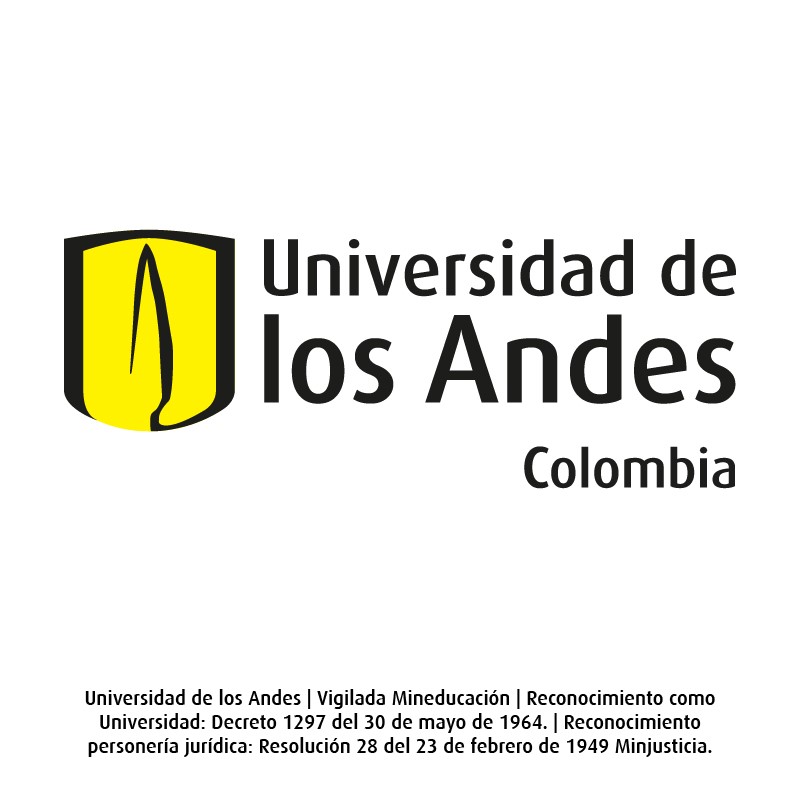
Studying literature can make you an agent of change
By: Lina Rojas Narvaez
Take advantage: Annual Coursera Plus with $100 discount. USD $299 for a limited time! Click and find out how.
Scouting and Promotion Office Universidad de los Andes
Literature does not in itself have a social responsibility and that is why it is difficult to explain why we need to study it in Colombia. Literature, like the arts, wants to offer its public an aesthetic experience, that is: to move the reader.
THIS PROGRAM IS AVAILABLE IN THE CITY OF:
Bogota,
That is why in Los Andes this program is studied from the Faculty of Arts and Humanities. Although the object of study is literature, it is not limited exclusively to the reading of books, in this program it is necessary to approach art in all its forms to make connections with different cultural, social and historical phenomena. In this career they train us, mainly, as readers capable of reflecting on knowledge and thus also being able to build it.
Why and where to study Cultural Management in Colombia? - major reasons
By reading we can find a deeply human essence, as we learn to see worlds that go beyond ourselves.
University of Los Andes Tweet
It may interest you:
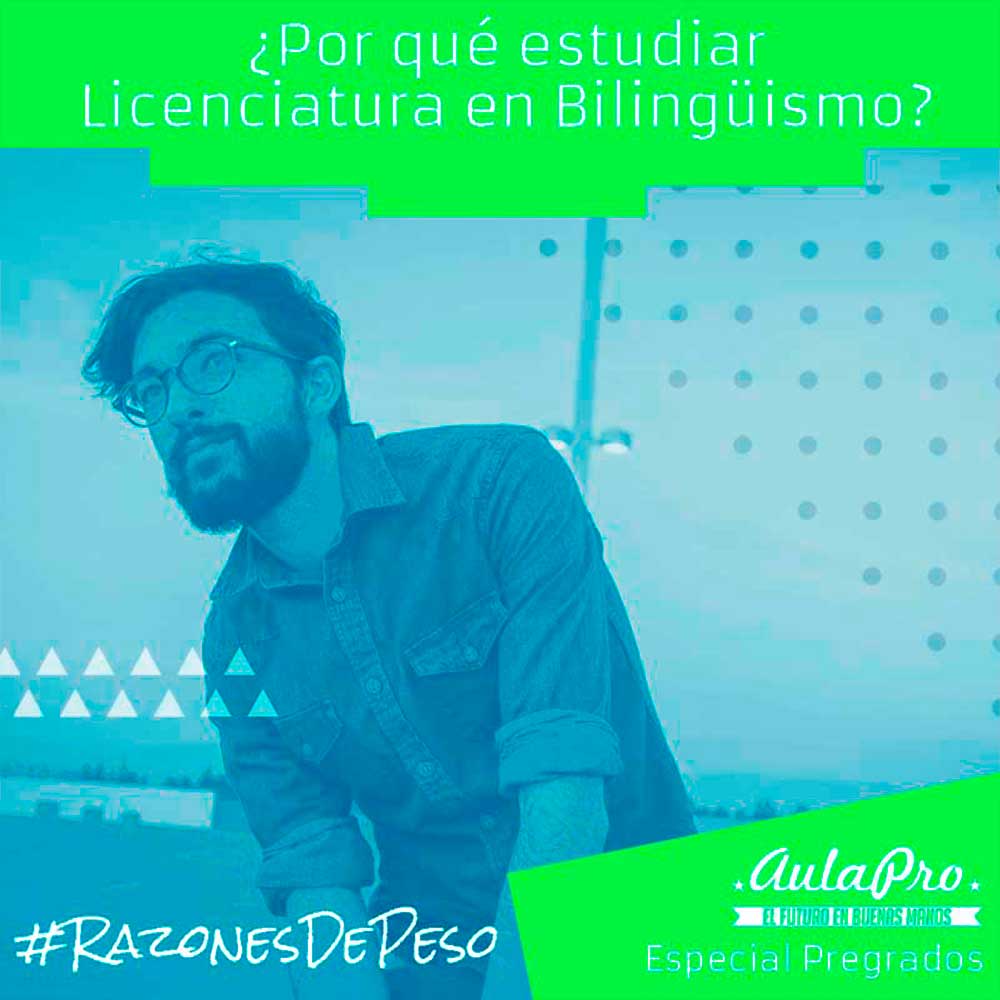
Why and where to study a Bachelor of Bilingualism in Colombia? - major reasons
In this article you will find information about the Bachelor's degree program in Bilingualism and related careers from leading universities in Colombia.
Literature in the Andes
Jorge Luis Borges tells us about the multiple universes that open up through reading, especially literary reading. These universes are not always intangible, they present us with characters and situations in which we can see a reflection of ourselves. This exercise teaches us to feel with the other and expands our experiences, allowing us to know what is foreign to us.
When a book is picked up by a good reader, the book, as an object, undergoes some changes. The pages are worn, the corners of the covers are wrinkled, in some cases it is stained with coffee or marked forever with a pencil. In the same way that books are intervened by the reader, readings leave small marks on our souls that transform us over and over again. These scars occur in a disorderly way, one overlaps another, as if we were ancient parchments in which new stories are constantly being written.
Reading is a great dialogue with the characters, the narrator, and even the author. And just as people change people, books also change people. Reading is potentially a transforming element of society. This is possible from a judicious reflection on literature and its cultural and political effect. Literature in the Andes teaches you to see yourself as part of the fabric in which we are all involved. That is why the fields in which we can practice as writers are multiple and depend on our work interests in which we can strengthen Colombia, such as teaching, research, publishing, journalism, translation, theater and cultural management.
Autonomous University of Colombia - FUAC
literary studies
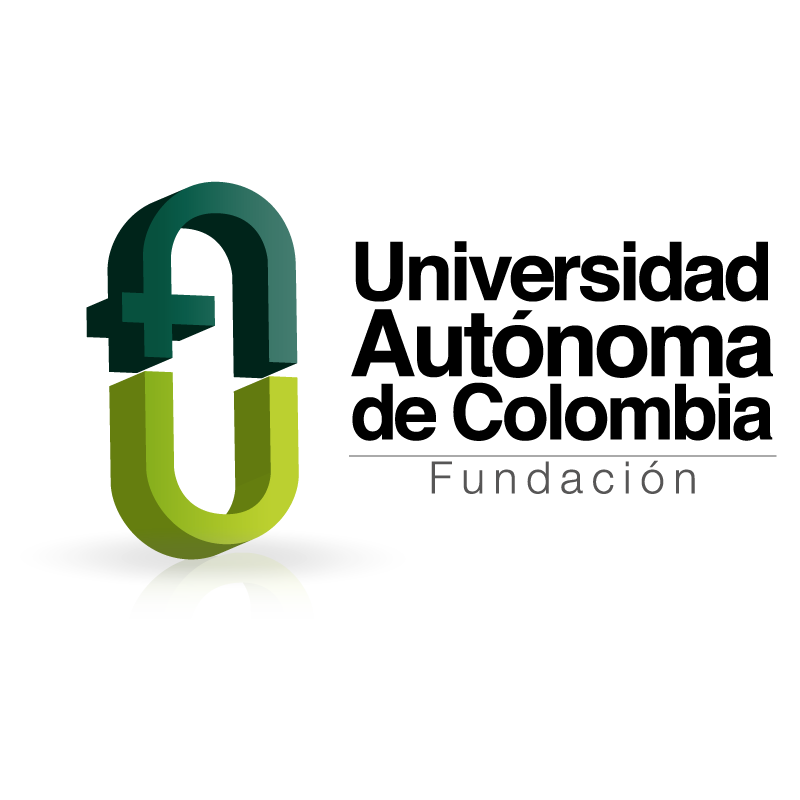
The Literary Studies course at the Autonomous University of Colombia offers solid professional training in aspects of literary culture: history, theory, research and literary criticism, complemented with studies in other humanistic disciplines. This training is aimed at developing essential skills for occupational performance in creative writing, editing and teaching Spanish and literature.
Quality education at your fingertips! Receive a $100 discount. Subscribe annually to Coursera Plus for only USD $299. Click and find out how.
THIS PROGRAM IS AVAILABLE IN THE CITY OF:
Bogota,
The Literary Studies program is aimed at high school graduates and people who wish to obtain a solid training in literature.
The Autonomous University of Colombia is a democratic, independent, participatory and pluralistic academic center, committed to the development of the human person and to the realization of the essential values of the Colombian legal system through the cultivation of rational knowledge, with a view to comprehensive training. , research and the participation of the university community in the socioeconomic, cultural and political life of the nation.
Autonomous University of Colombia - FUAC Tweet
It may interest you:
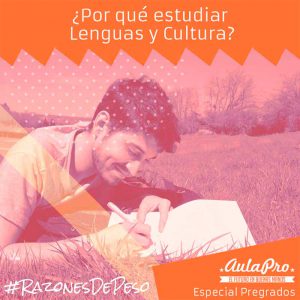
Why and where to study Modern Languages and Culture in Colombia? - major reasons
In this article you will find information on the Modern Languages and Culture program and related careers at leading universities in Colombia.
Literary Studies at the FUAC
To people who, due to their links with education, the publishing industry and the media, feel motivated to acquire a more professional and academic training. To people who seek to promote the study and development of the literary field for broad audiences, through the investigative, educational, creative and editorial dimensions of literature.




